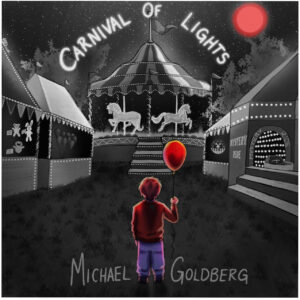Navigating the Future of AI Music: Legal Challenges and Industry Transformations
In the first half of 2025, the intersection of AI and music has been marked by a flurry of legal battles, industry negotiations, and emerging licensing frameworks. Notably, major GenAI music startups like Suno and Udio find themselves entangled in litigation with both prominent labels and societies like GEMA. These conflicts underscore the tense landscape where AI innovation meets traditional copyright concerns. Rumors of potential settlements suggest a future where industry partnerships could pave a more collaborative path. However, frustration lingers among startups that have prioritized ethical practices over rapid growth, watching as others, once seen as outliers, negotiate entry into legitimate market spaces.
Meanwhile, the sphere of GenAI music is witnessing an increased push towards licensing, with platforms like Musical AI and Mozart AI prioritizing ethical frameworks from inception. These initiatives emphasize marketplace development to facilitate streamlined licensing agreements, a move reflecting the broader industry’s need for structured engagement with AI technologies. In parallel, significant figures such as Björn Ulvaeus and Sir Paul McCartney are fronting a united front advocating for clearer permissions, payments, and transparency, emphasizing the industry’s proactive stance on AI integration.
Amidst these developments, concerns about AI-driven streaming fraud loom large. Although AI music isn’t predominantly used for fraudulent activities, it remains a tool for unethical practices, prompting calls for tighter regulations and monitoring by streaming platforms. The debate over whether AI-generated music should have distinct labeling, reduced royalties, or even exclusion from platforms altogether is poised to intensify in the coming months, especially as the presence of AI-created bands remains minimal despite their media allure. Platforms like Deezer reveal that even with AI music comprising 18% of daily uploads, its actual listener engagement stands at a mere 0.5%, highlighting a significant gap between creation and consumer connection.
As SONGLENS continues to focus on curation and discovery within this evolving landscape, the platform remains committed to championing early-stage and ethically-grounded music. Emphasizing transparency and thoughtful curation, SONGLENS endeavors to provide a reliable space where industry professionals can navigate these transformative times with clarity and purpose.




